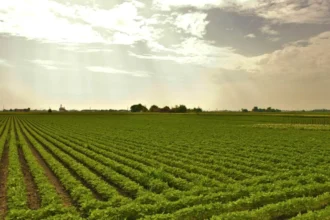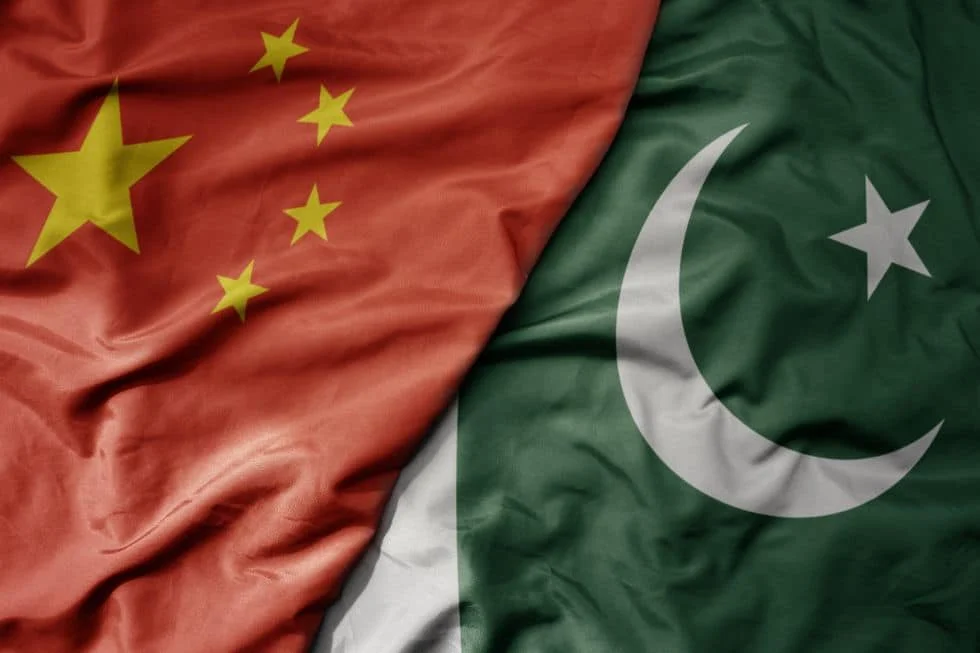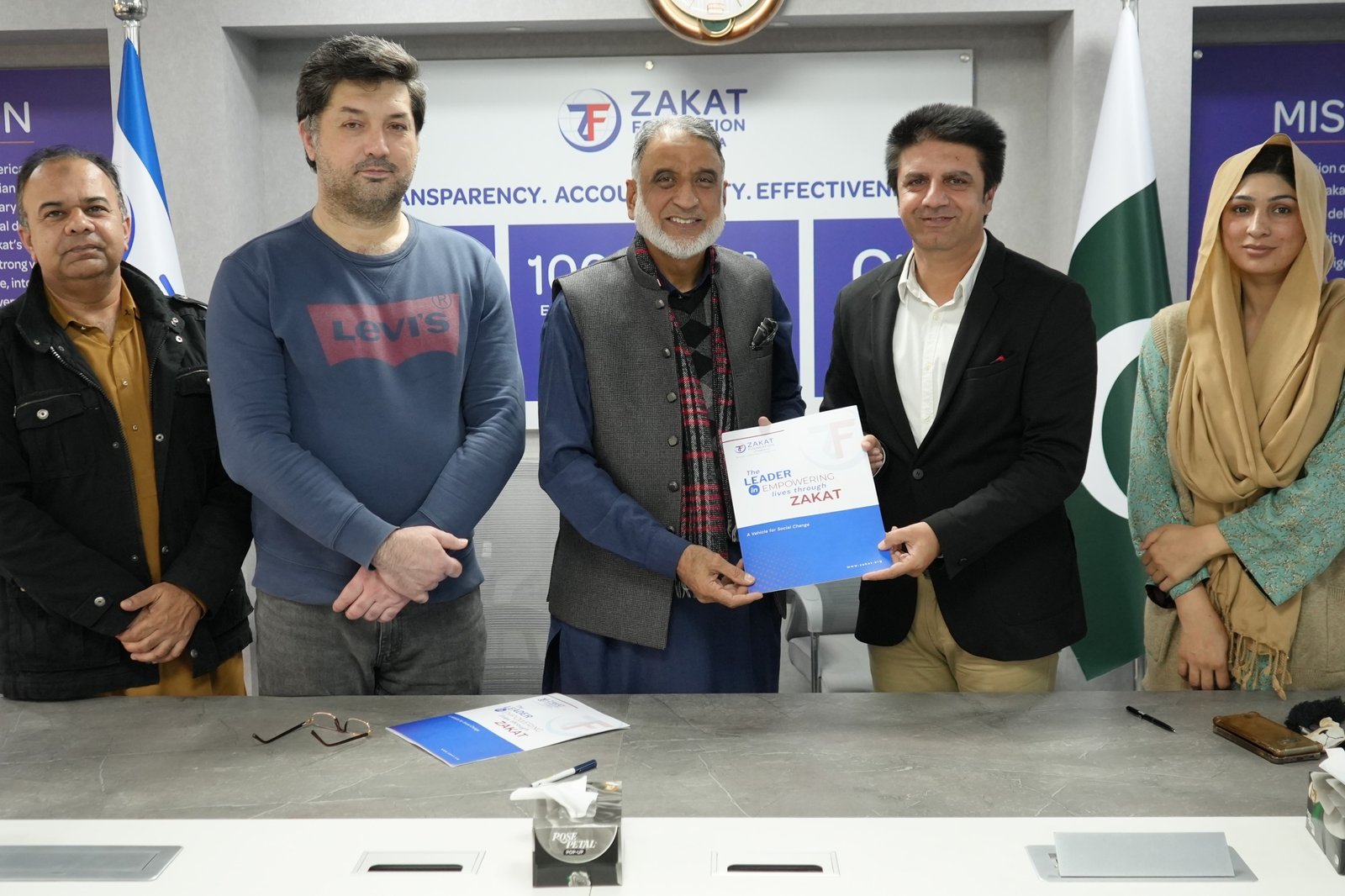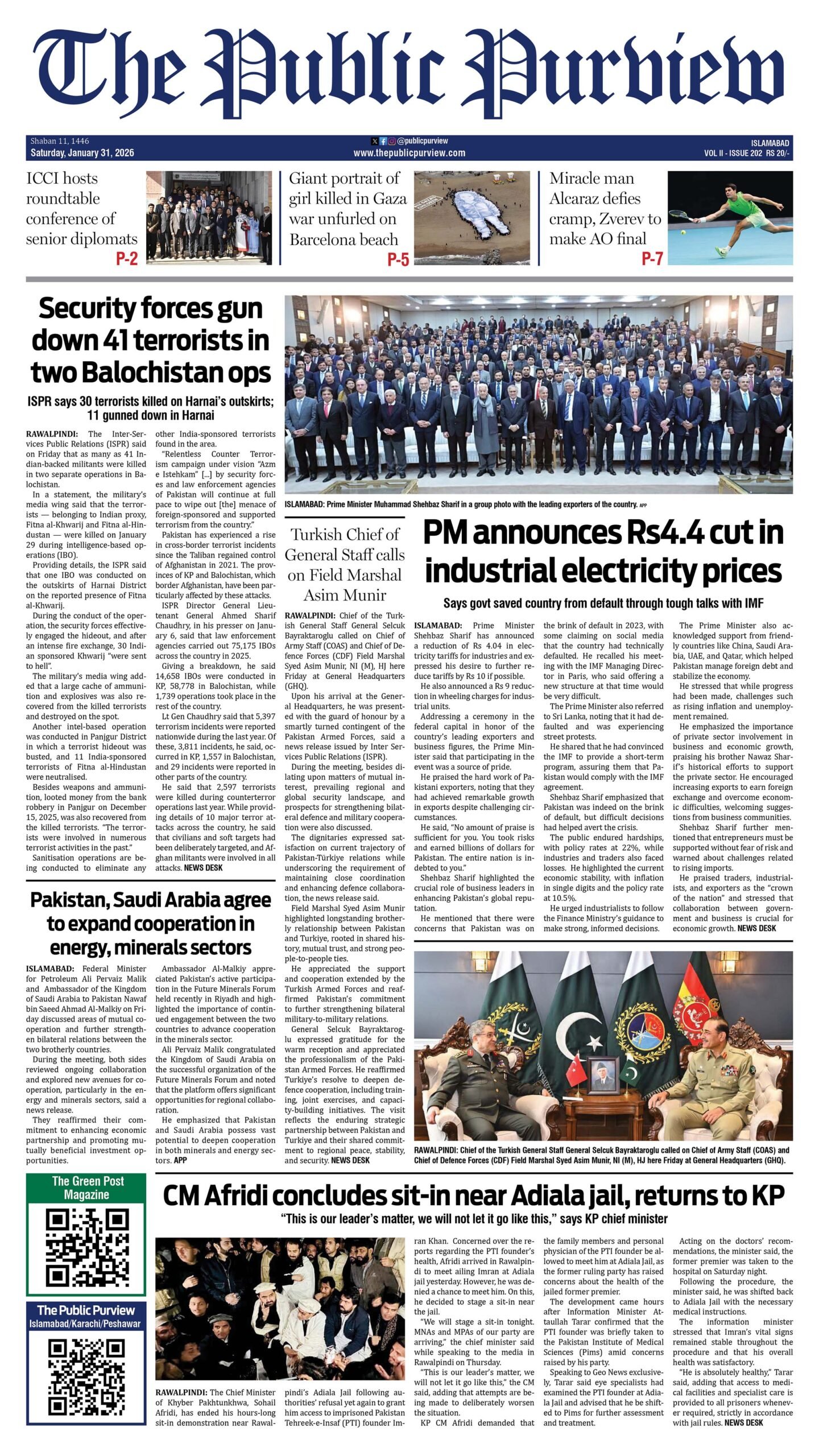Abbottabad (Asif Mehmood Awan): Water Resource Accountability is central to WWF Pakistan’s efforts to protect the climate, preserve rare wildlife, and safeguard the natural environment. Speaking at the Abbottabad Union of Journalists Press Club, WWF Northern Areas Region Director Haider Raza said the organization is implementing a comprehensive plan. It aims to address threats to human survival linked to environmental degradation and climate change.
He made these remarks during the concluding session of a study tour organized for journalists from Punjab and Khyber Pakhtunkhwa. The tour brought media professionals to the Gilgit region. Its purpose was to help journalists observe climate resilience efforts and community support initiatives firsthand. According to Raza, the goal was to provide practical exposure to the steps taken under the Water Resource Accountability framework.
Raza highlighted that the northern region contains 70 percent of Pakistan’s natural resources. It hosts three major mountain ranges, 13,000 glaciers, 5,000 glacial lakes, and 124 freshwater lakes. Moreover, the area is home to 130 native bird species. Additionally, 500 migratory species arrive annually. He emphasized that preserving endangered wildlife could boost eco-tourism and help maintain biodiversity.
To stabilize regional temperatures, WWF Pakistan has carried out extensive tree plantation drives. Furthermore, artificial intelligence is being used to monitor conservation activities. It helps track environmental changes and ensures transparency in implementation.
Earlier, President Abbottabad Press Club Sardar Naveed Alam and President Abbottabad Union of Journalists Atif Qayyum praised the initiative. They discussed the importance of Water Resource Accountability in conserving water reservoirs and promoting sustainable agriculture. They also stressed its role in protecting the natural ecosystem in Gilgit and surrounding districts. In addition, the media’s role in raising awareness and shaping public discourse around climate challenges was emphasized.
WWF Communication Manager Nisar Ahmed, Senior Research Officer Dr. Maria Humahiyat, Sociologist Masood uz Zaman, Conservation Coordinator Syed Anas ur Rehman, and Social Mobilizer Mehreen Nadeem participated in the session. Together, they reiterated the importance of collaboration between civil society, media, and conservation experts.
Journalists described the visit as highly informative. They committed to amplifying environmental issues through professional reporting. On this occasion, the Abbottabad Union of Journalists presented commemorative shields to Director Haider Raza and Communication Manager Nisar Ahmed. In return, WWF Pakistan presented souvenirs to President Press Club Sardar Naveed Alam and President Abbottabad Union of Journalists Atif Qayyum.
Ultimately, the Water Resource Accountability project continues to gain momentum. It combines AI-driven monitoring, field-based conservation, and media engagement to protect Pakistan’s ecological future. As climate threats intensify, such initiatives offer a blueprint for sustainable action and public awareness.






 Today's E-Paper
Today's E-Paper